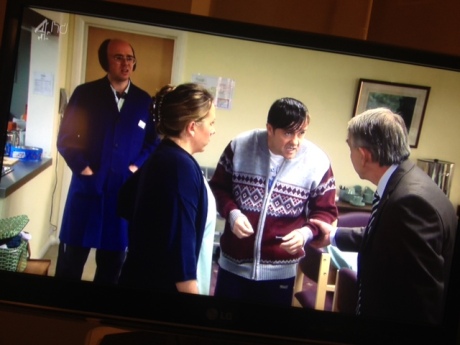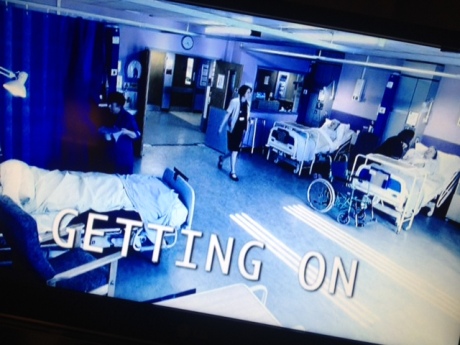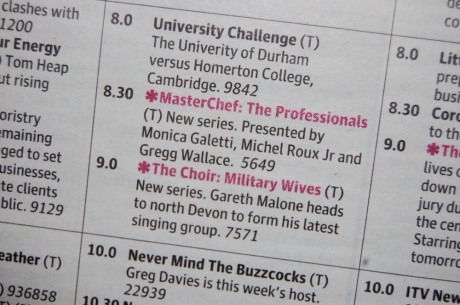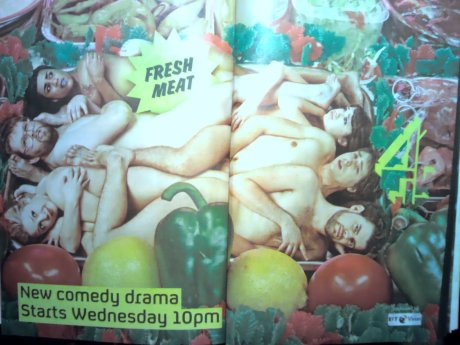I’ve been trying to carry-off the designer stubble look for nearly a decade, so I rarely have cause to buy razors. Turns out, I’ve saved a small fortune.
The other day, I was asked to pick up some Gillette Mach3 blades for a friend. Not Mach3 Turbo blades (with advanced lubrication) or one of the many varieties of Gillette’s six-bladed offering, the Fusion (five on the front, one on the back). Just plain old Mach3, first launched in 1998.
A razor that, for the past 15 years, we’ve been told has been superseded by newer and better technologies many times over. Roger Federer, Tiger Woods and Thierry Henry have been paid millions to tell us that the newest Gillette model is the best a man can get. The Mach3 is not even second, third or fourth best. It’s way down the list.
The original ‘bondi blue’ iMac was also launched in 1998. You can’t buy them new any more; with each new revision the previous model has been dropped and consigned to the vaults of history.
But not the Mach3. There it is, bold as brass, in supermarkets and chemists across the land. It’s not marketed towards ironic hipsters who love a bit of retro, nor is it intended to evoke a Werther’s Originals style nostalgia towards a simpler, happier time.
In my local Sainsbury’s, an eight-pack of these sub-standard, ancient and laughably under-bladed things sells for £13.
More than twice the hourly minimum wage for a packet of 15 year old razor blades.
At a loss to explain the cost, I started to do a bit of digging and found an old article that suggested Gillette spent $750 million researching and testing the Mach3 before releasing it.
The only way it could possibly have cost this much is if they set up a laboratory on the moon and sent Tom Cruise with a million gallons of Evian to have a shave.
Still, those figures don’t add up. At £1.63 per unit, surely enough money has been made to recoup those staggering costs and lead to a price-drop.
And it’s not as though the Fusion cost $750 million to develop. The sum total of research and design into the Fusion consisted of:
Millionaire Gillette Employee 1: I see Wilkinson have released a four-bladed razor.
Millionaire Gillette Employee 2: Those bastards! I honestly never thought the three-bladed razor could be topped. We’re ruined!
MGE1: Hang on, how about a five… no, a six-bladed razor!
MGE2: You bloody genius, we’re saved!
As I said at the beginning, I’m not clean-shaven and this comes with it’s own challenges. Sometimes hours will pass before I notice I have fluff stuck on my stubble. I’ve been known to spend all day with an asymmetrical beard because my battery died on me. And yes, my Gran still gives me an earful for looking scruffy.
But as I look back on the £40 I’ve spent on beard trimmers over the last decade, it’s not just bum fluff you can see on my face, there’s a slightly smug smile too.








